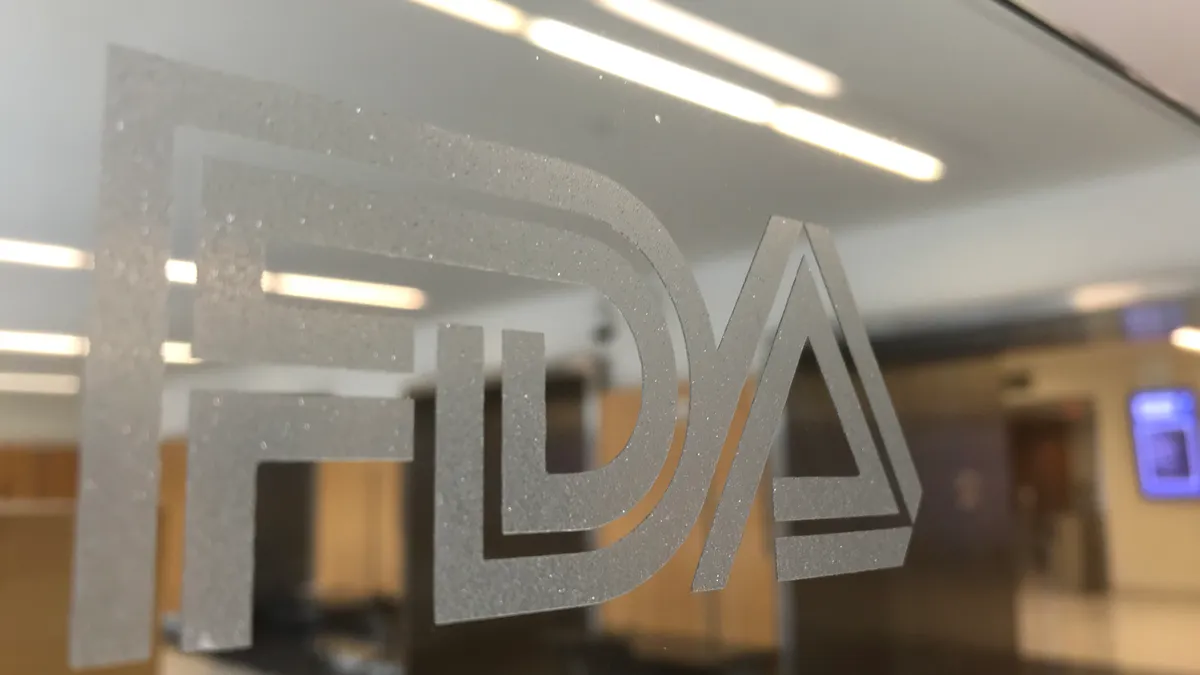Dive Brief:
-
FDA on Friday outlined its efforts to track potential supply chain disruptions emanating from the novel coronavirus outbreak, noting increased ordering of surgical masks, gowns and other personal protective equipment through distributors.
-
Commissioner Stephen Hahn said in a statement the shift in ordering patterns is yet to manifest in a shortage but warned the situation is “evolving and very dynamic.”
-
The agency is holding off any inspections in China, heeding the State Department's warning against traveling to the country where the crisis began. Still, Hahn noted FDA is working to use other information "to inform decisions allowing the products to enter the U.S. market."
Dive Insight:
The outbreak of the novel coronavirus, a disease known as COVID-19, sweeping outward from Wuhan, has the potential to disrupt the medical device supply chain on multiple fronts. Factory closures and restrictions on travel could cause product shortages. Equally, stockpiling and panic buying could limit availability and drive up prices for certain products.
As the use of personal protective equipment could slow the spread of the virus, FDA is cognizant that there is scope for demand for respirators and surgical gowns, masks and gloves to outstrip supply.
In presenting an overview of FDA’s work to counter COVID-19, Hahn singled out protective personal equipment as a group of products that has already been affected by the outbreak. If the increase in orders translates into a shortage, FDA plans to work with manufacturers to fast track the availability of products from new sources.
The government's travel restriction limits FDA oversight of a key region in the medical product supply chain. FDA typically conducts more than 500 inspections in China annually, across devices, drugs and food products. Travel to China will only happen if it is deemed to be mission critical.
FDA is mitigating the lack of on-the-ground surveillance through the use of “other information."
"While the outbreak is impacting our ability to conduct inspections in China, it’s important to underscore that the FDA’s regular risk-based process of surveillance testing of imported products, including those from China, which is based on a number of factors, continues," the agency said in the update.
In addition to postponing many inspections scheduled for February, Hahn said the majority of routine surveillance medical product inspections scheduled for March "at this time are expected to be conducted at a later date."
Hahn also gave an update on the status of the agency’s work to help bring diagnostic tests for the COVID-19 virus to market. Earlier this month, FDA awarded emergency use authorization (EUA) to a COVID-19 test developed by the Centers for Disease Control and Prevention. Hahn said the agency has shared an EUA review template for COVID-19 with more than 50 interested test developers.













